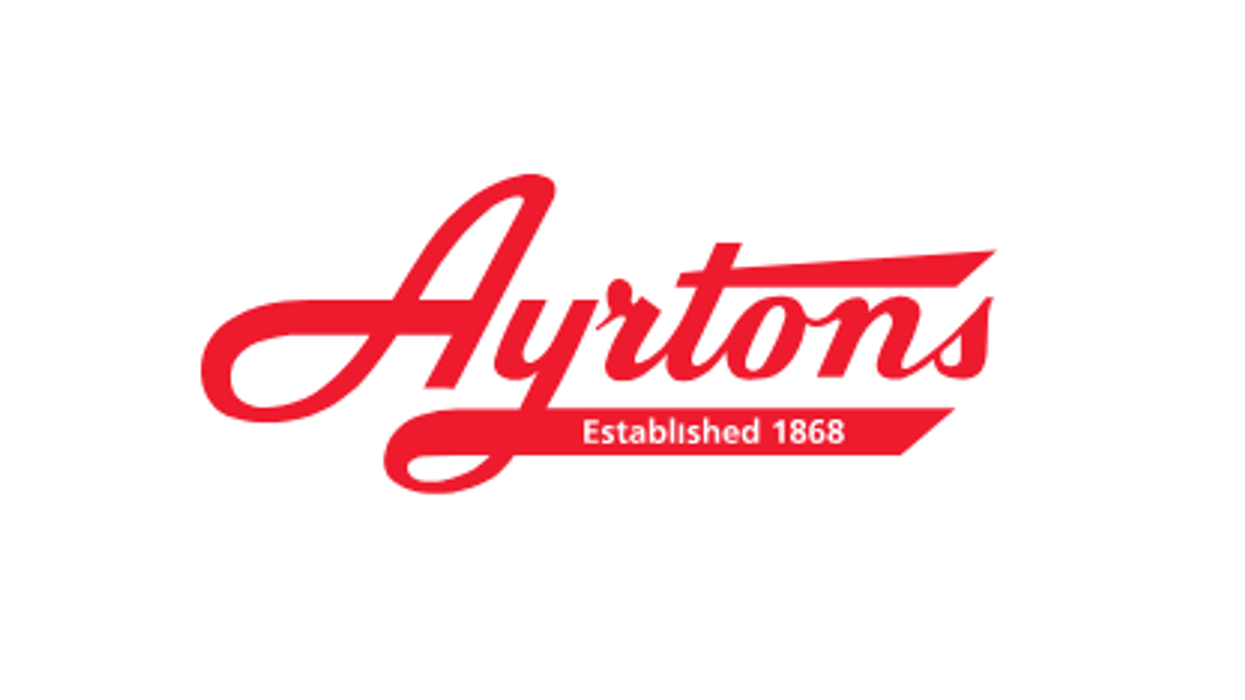Available in pharmacies, the Ayrton Saunders' nicotine inhaler system is "first NRT that delivers nicotine directly for absorption in the lung"
Speciality pharmaceutical company Ayrton Saunders Limited said it has received approval from the UK drugs regulator Medicines and Healthcare products Regulatory Agency (MHRA) for its nicotine inhaler system.
The Liverpool based company, part of OBG Pharma, said the product is the world’s first and only clinically approved, patented nicotine inhaler system able to deliver nicotine directly via the lungs to help smokers replace, cut down and ultimately quit smoking.
The company is working to extend this landmark approval to additional markets in the EU and beyond and will explore discussions regarding regulatory and commercial pathways in the US and Japan.
They are also actively seeking partners for commercial launch of this novel nicotine-replacement therapy (NRT) in the UK and other key markets.
As a General Sales List (GSL) medicine, it can be offered for sale with or without prescription.
“The harms caused by tobacco smoking place a huge health and economic burden on society, and while currently available smoking cessation products can help, they are not appropriate for most smokers trying to quit,” Gerry O’Brien, director of Ayrtons, said.
“We are delighted to create and offer for license or sale a product that we believe will play a crucial role in helping to combat tobacco dependence and improve public health as we work towards a healthier, more smoke-free world.”
First NRT for Direct Lung Nicotine Absorption
O’Brien has spearheaded the development and significant re-design of the product over the past three years following initial development work by Kind Consumer Ltd.
The company said this has resulted in improved device function and user experience, while at the same time delivering a reduced price point for consumers.
“The team has worked tirelessly to reach this important milestone of MHRA approval making this product the first NRT that delivers nicotine directly for absorption in the lung,” stated O’Brien.
“Ten million adults in the UK smoke or vape and half of these people try to quit each year, but fewer than 3 per cent succeed.
"Smoking is the leading cause of premature, preventable death in the UK and globally, so there is a crucial need for widespread access to services and products that have been shown to help smokers reduce or stop smoking safely and cost-effectively.”
Using globally patented technology similar to an asthma inhaler, this innovative next-generation system enables rapid delivery via the lungs of a low dose of nicotine that quickly reaches the brain to provide fast and safe relief of craving symptoms.
It has a fresh, clean taste and no noticeable smell or visible exhalate when fully inhaled.
The system consists of a reusable, hand-held breath-activated inhaler device and a stable (flavoured) nicotine solution.
Powered by a pressurised propellant, no batteries are required and there is no heat and no change to the chemical structure of the formulation when generating the aerosol.
The product is refillable using nicotine canisters, which enables an attractive price point for the consumer.
The product has undergone extensive user testing and clinical trials, which demonstrated a bigger reduction in craving relative to the market leading inhalator device, the company claimed.
It is now uniquely positioned in the UK market to be offered for sale (with or without prescription) and advertised on major e-commerce platforms, via pharmacies and direct-to-consumer channels that are regulatorily restricted for vapes or e-cigarettes.












